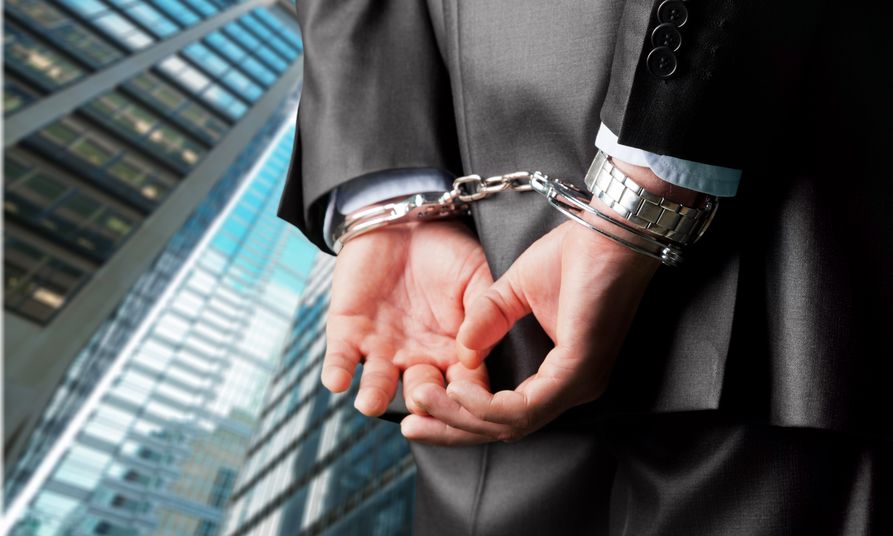Getting out of jail after an arrest can be pricey. It usually requires a bond, which is a large sum of money paid to the court to guarantee you’ll appear for your hearing. But if you get released on your own recognizance (OR), you won’t have to pay this money. Here’s how it works.
What Does “Own Recognizance” Mean?
Being released on your own recognizance means that a court thinks you are trustworthy and don’t have to pay bond to be released. People with no prior criminal history are usually considered, or if you have a job and can demonstrate meaningful community involvement. If the judge assumes that you are a flight risk though, you’ll probably still have to pay bond. If you aren’t eligible for OR release and you don’t have enough money, you will have to stay in jail until your hearing.
Defendants who are on an OR release must first sign a written statement to the court. This promises that they will return to the court on the date specified and provides the court with detailed contact information should the defendant decide to flee or otherwise become unreachable.
What To Consider First
Before getting released on your own recognizance you should fully understand the terms you’re agreeing to. Your travel could be restricted to just a small area or you may have to report your whereabouts to a probation officer, making it difficult to do normal things like attend a funeral or travel for business.
If you were out on your own recognizance and miss your court date, the penalties you incur could be much harsher than if you were out on bond. You could be arrested again and denied bail entirely, leaving you to spend the rest of the time before your hearing in jail. This may make bond a better deal depending on your situation.
Get Legal Help Now After Being Arrested For A Crime In New York
Hesitation is risky after being arrested for a crime. Don’t wait to get in touch with a qualified New York criminal defense lawyer who can provide you with zealous, aggressive legal representation when your rights and future are on the line. Scott Cerbin will advocate for your best interests and fair treatment under the law. Contact our office to schedule a free initial consultation today by calling 718-596-1829.




